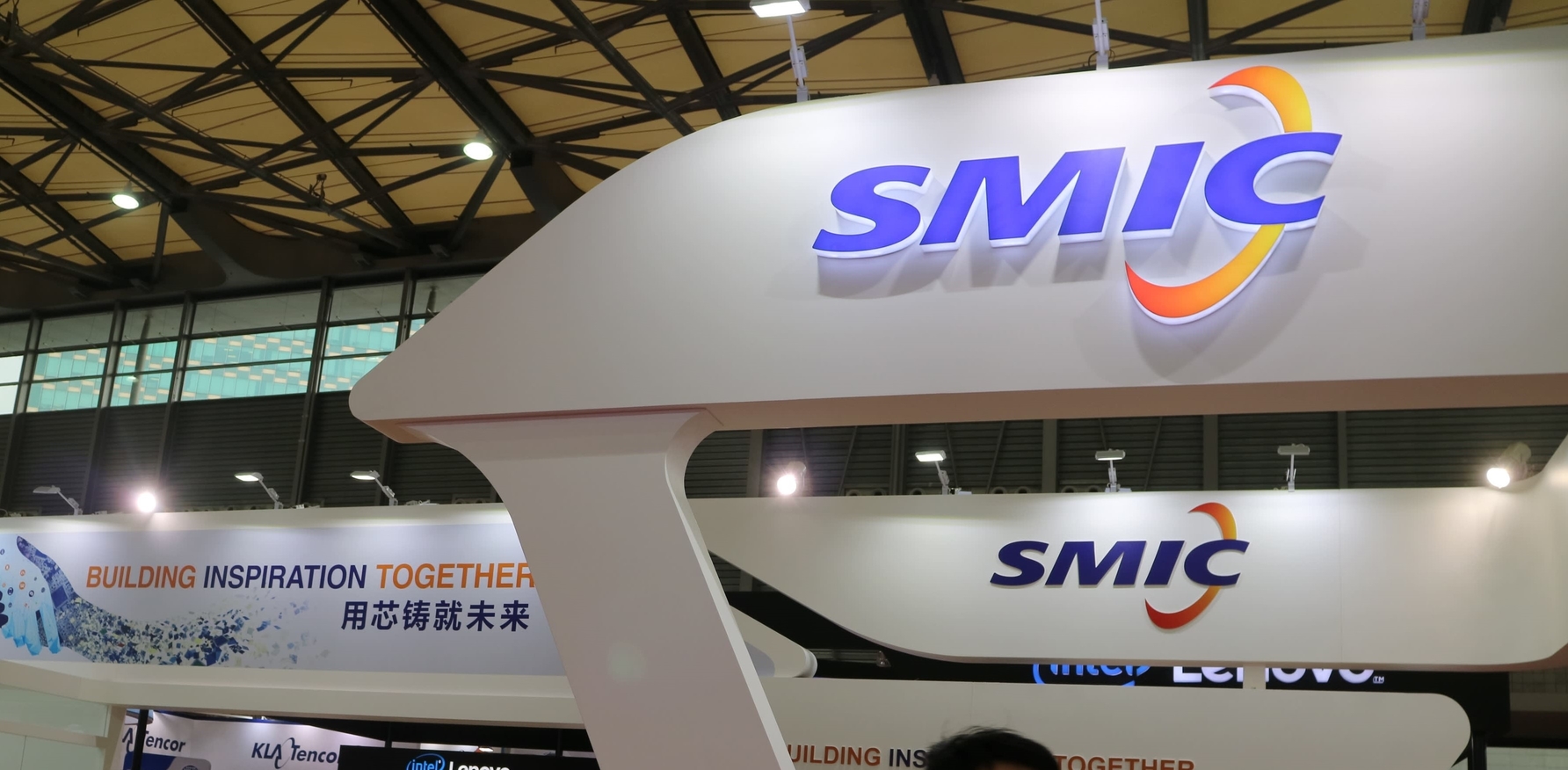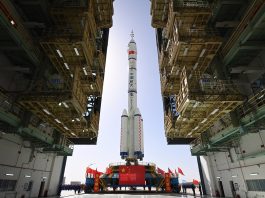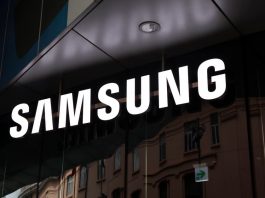Semiconductor Manufacturing International Corporation (SMIC), one of the largest chipset makers from China is under the radar of the US government and could face export restrictions. Now, the company has confirmed that it held preliminary exchanges with the U.S. Bureau of Industry and Security.
In its filing to the Hong Kong Stock Exchange, the company says that it is “conducting assessments on the relevant impact of such export restrictions on the company’s production and operation activities,” reports Reuters.

The company has added that it has been operating in compliance with all the relevant laws and regulations of all jurisdictions where it conducts business.
When the reports started surfacing online that the U.S. Department of Commerce has issued letters to some companies asking them to obtain a license to continue supplying goods and services to SMIC.
At that time, China-based SMIC had denied receiving any such notice from the U.S. government and had also mentioned that the company has no relationship with China’s military, which is said to be the reason behind such scrutiny.
EDITOR’S PICK: Xiaomi introduces RAMDISK for smartphones; significantly boosts game performance
The restrictions or the requirement of a license to conduct business with SMIC is similar to what the United States government has imposed on Huawei, the world’s leading telecom equipment manufacturer, making it very difficult for the Chinese company to maintain its business and operations.
SMIC, which is the largest foundry in China, heavily relies on equipment from the United States as well as US-allied countries for manufacturing chips. Getting restricted could severely impact the company’s ability to conduct business.
Although SMIC is the leading chipset manufacturer in China, the company lags behind in terms of technology compared to its rivals — TSMC and Samsung. However, it recently raised around $6.6 billion through STAR Market for advanced technology. It is also working on reducing its reliance on other countries and has recently purchased a used lithography system from SK Hynix for $11.02 million.
UP NEXT: Coolpad COOL 12A with a 6.3-inch display, 16MP dual rear cameras, 4,000mAh battery launched for 599 Yuan (~$88)



